Snapshot of 2023 Predictions for Industry and Global Supply Chains- Part Two
Supply Chain Matters
JANUARY 10, 2023
The Ferrari Consulting and Research Group through its affiliate the Supply Chain Matters blog shares select individual prediction snapshots that are included in our annual 2023 predictions for industry and global supply chains research advisory. Background. Prediction Background.


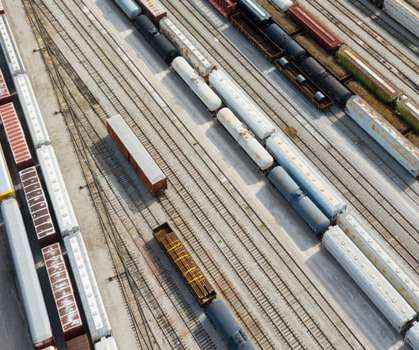

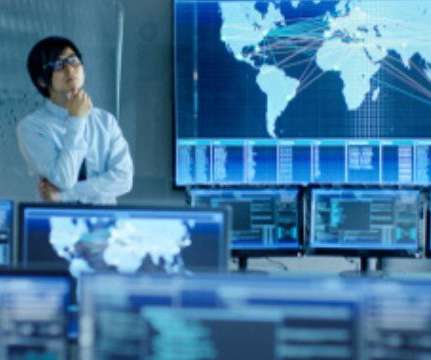
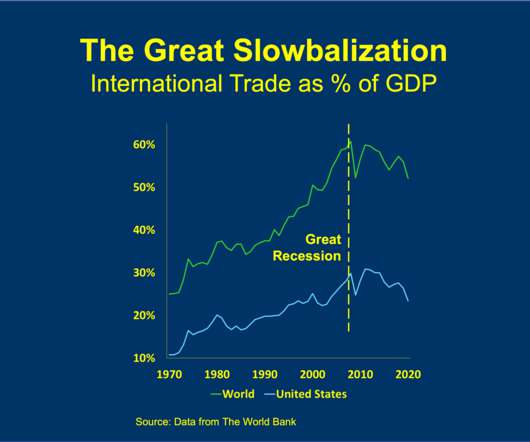
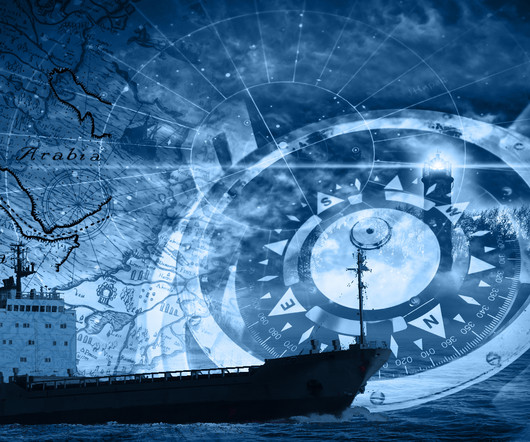
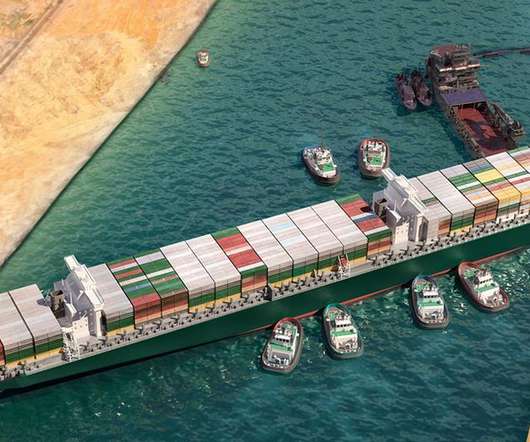











Let's personalize your content